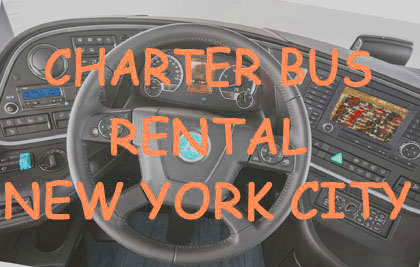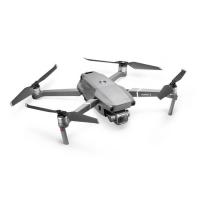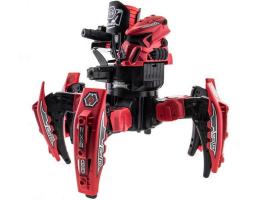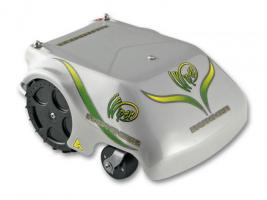While millions of soccer fans tuned into the Confederations Cup to see Brazil dismantle Spain last Sunday, a different type of soccer tournament concluded in the Dutch city of Eindhoven. Forty thousand spectators gathered over the course of eight days to watch the 17th annual RoboCup, which seeks to develop and spread awareness of robotics advancements through the world’s most popular sport.
Bolstering 2,500 participants from 40 countries, the competition featured teams of two to five autonomous robots that ranged from virtual to knee-high to human-size. Each 20-minute game was played according to FIFA rules—referees went so far as to show robots red cards for excessive fouling—and took place on miniature fields specific to the different leagues: simulation, small, medium, standard platform, and humanoid. This year’s RoboCup, running from June 24th to July 1st, was home to a friendly and inclusive atmosphere, as teams frequently share breakthroughs to quicken the technology’s growth.
The project’s stated mission is to create a team of humanoid robots that can win against the human World Cup champions by 2050. While these machines might be able to play in a youth recreation league—the robots with legs stay upright about as well as the average kindergartener—they’re miles away from contending with the likes of Messi and Neymar. However, the Robocup is not exclusively a soccer contest. Organizing challenges in care and rescue robotics, the tournament has more applicable, vital aspirations. “There’s really a very clear link between what we are doing here and what we see here in the competitions, and what we see in real life or what we need in real life,” says Rene van de Molengraft, organizer of this year’s RoboCup, citing the development of robots for homes, hospitals, and disaster zones.
In the RoboCup@Home challenge, robots compete to perform simple tasks in complex situations, like following a guide through a crowded mall or bringing a food item to the checkout counter at a supermarket. RoboCupRescue places robots in simulated crisis situations and tests if they can identify hazards, navigate and map dangerous terrains, find victims, and deliver aid. Displaying stronger intelligence and coordination than the soccer-playing robots, many of these service robots registered for the event themselves.





